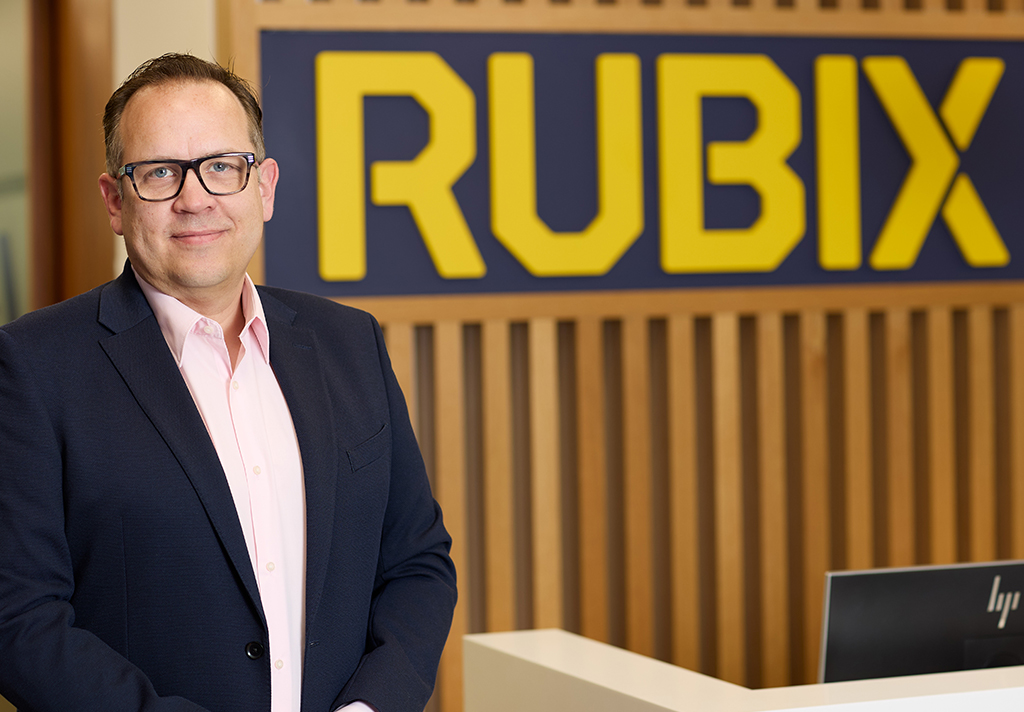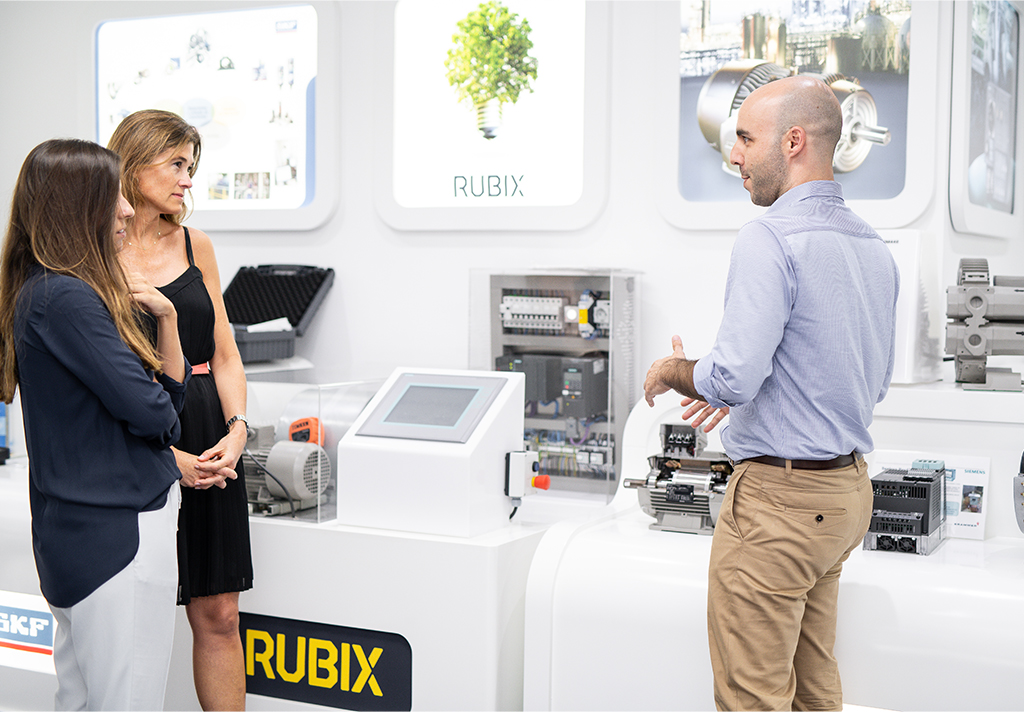In the face of persistent economic uncertainty, shifting global trade policies and increasingly complex customer expectations, suppliers across Europe are re-evaluating how they go to market. One key trend is emerging: consolidation.
Where suppliers once relied on a fragmented network of smaller distributors, many are now simplifying and strengthening their approach, working with fewer, larger partners who offer greater efficiency, broader reach and deeper expertise. This shift is particularly visible in the industrial maintenance, repair and operations (MRO) sector – a market historically characterised by complexity and decentralisation.
Despite being larger than its US counterpart, the European MRO market remains more difficult to access due to the presence of multiple countries, languages, legal systems, regulations and currencies. This fragmentation helps explain why the top five MRO distributors in the US hold a market share of over 30%, compared to just 8% in Europe – and why consolidation is now gaining traction across the continent.
So, what’s driving this move towards consolidation, and what does it take to make it work?
In this article, Spencer Brown, Group VP of Category Management at Rubix, explores why strategic supplier consolidation is gaining momentum and how Rubix is helping to lead the change.
Why consolidation makes sense now
For decades, the European MRO market has been challenging to navigate. With many distributors operating at varying scales and levels of specialism, suppliers often manage long lists of partners across different countries, each with their own systems, relationships and costs.
But this model is under pressure. Recent challenges, from pandemic-related disruptions to energy shocks, geopolitical instability and evolving regulatory requirements, have exposed the inefficiencies of fragmented distribution. Meanwhile, operational resilience, digital transformation and ESG compliance have become critical business imperatives.
In this environment, consolidation is about more than cost-cutting; it enables suppliers to reduce complexity, strengthen resilience and position themselves for sustainable, long-term growth.
The value of a strategic partner
Working with a smaller number of capable distributors significantly reduces the cost-to-serve, improves inventory management and enhances visibility across the supply chain. Suppliers also benefit from integrated digital procurement systems, local warehousing, tailored logistics and broader access to established customer bases.
Crucially, consolidation deepens customer insight, particularly when partnering with distributors who engage directly with end users. It also unlocks access to value-added services such as technical support, on-site solutions and ESG expertise.
Rubix, Europe’s largest multi-specialist industrial distributor, is at the forefront of this shift. With a pan-European footprint, robust digital infrastructure and extensive experience managing complex supply ecosystems, Rubix delivers the scale, service and support needed to thrive in a rapidly evolving market.
What to look for
Success depends on choosing a distributor that combines reach with strong technical and operational capabilities. Beyond size, the ideal partner delivers consistent service across multiple markets, offers expertise across key MRO categories, and provides a comprehensive suite of services to support both day-to-day operations and strategic transformation.
They must also invest in digital platforms for seamless integration and demonstrate the financial strength needed to support long-term growth.
A proven partner
Operating in a €100 billion market, Rubix holds a leading position in European MRO distribution, covering approximately 90% of recurring operational expenditure categories. Rubix also offers over 10 million SKUs across four key product families supported by 3,300 technical experts and a broad portfolio of value-added services.
With nearly 900 locations across Europe and strong relationships with major manufacturers – including Parker, 3M, Festo and Schaffler – Rubix provides suppliers with efficient, scalable routes to market
What sets Rubix apart is its blend of scale and customer proximity. Through local branches, on-site solutions such as Insite (Rubix branches within customer facilities), and a segmented account management approach, Rubix adapts its model to strategic accounts, regional customers and transactional buyers alike.
Rubix’s track record of successful acquisitions – more than 70 since 2017 – positions it as a natural consolidator in a still-fragmented European market. While the top five MRO distributors in Europe currently hold less than 8% combined market share, that figure exceeds 30% in North America. Europe is poised to follow suit.
Today, Rubix is already seeing growing demand from suppliers seeking to consolidate both direct and indirect channels, often in tandem, signalling the early stages of a significant structural shift.
Making consolidation work
While the rationale for consolidation is clear, successful execution requires a structured, strategic approach. It starts with mapping the existing distributor base and identifying overlaps and inefficiencies. Aligning on digital tools enables smoother procurement and more accurate forecasting, while shared customer relationships help streamline service delivery.
Cultural and operational compatibility between supplier and distributor is critical to avoid friction. Setting clear KPIs for cost, service and growth provides a foundation for accountability.
Throughout the process, transparency and collaboration are essential, particularly around demand planning, inventory optimisation and performance tracking. Strong partners also support suppliers on broader objectives, such as digitalisation, ESG compliance and long-term sustainability.
Consolidation for growth
The move toward distributor consolidation signals a strategic evolution for suppliers in Europe’s industrial sector. It’s not just about simplifying operations, it’s about building smarter, more resilient and more agile supply chains.
With the infrastructure, expertise and scale to support transformation at every level, Rubix is playing a pivotal role in this evolution. For suppliers, choosing the right distributor isn’t just a tactical decision, it’s a powerful lever for sustainable growth.
To find out how Rubix can help your business, visit https://rubix.com.
For more articles like this, visit our Industrial Data & AI channel.





